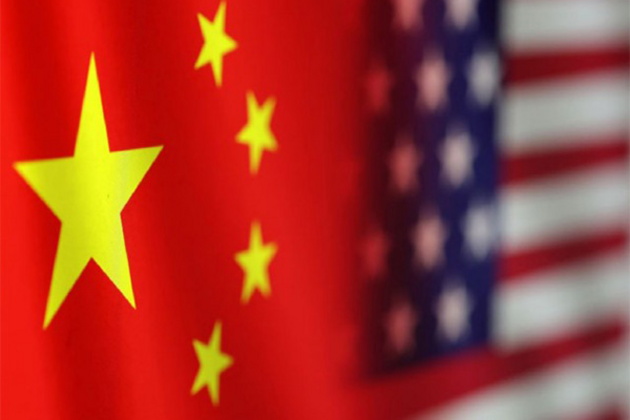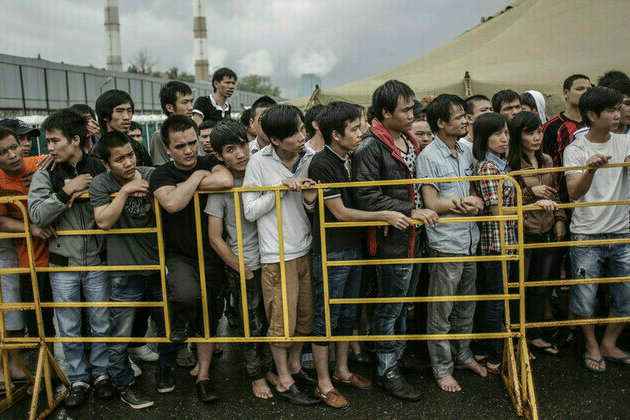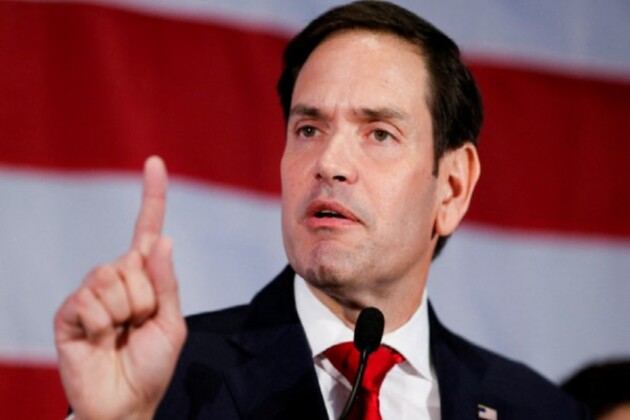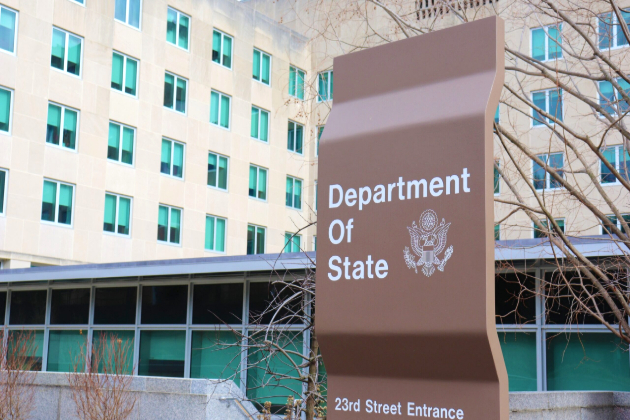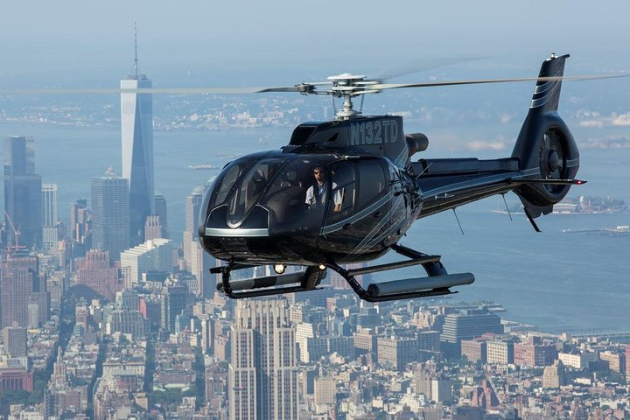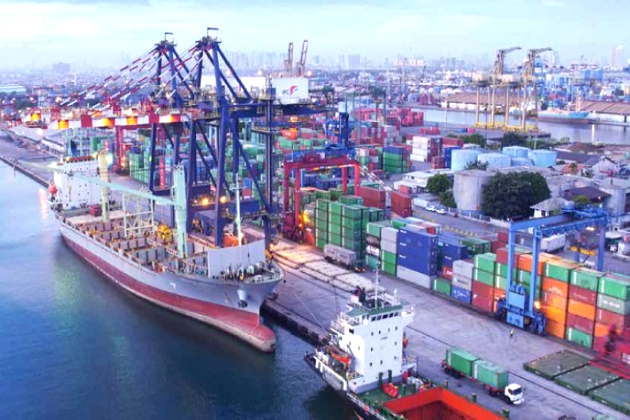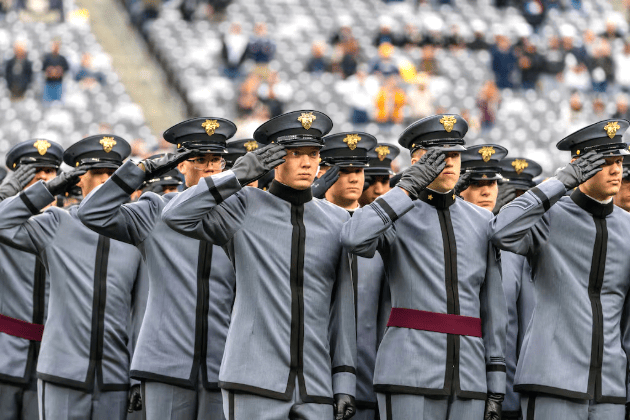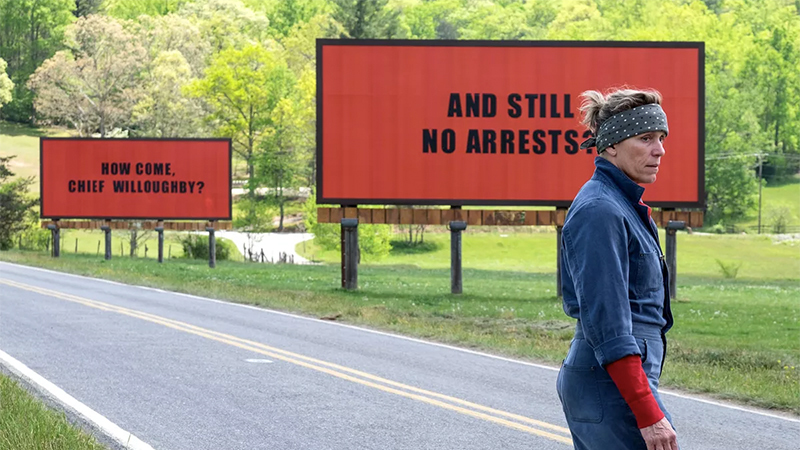Canada has long feared the chaos of US politics
The Conversation
08 Mar 2022, 19:09 GMT+10
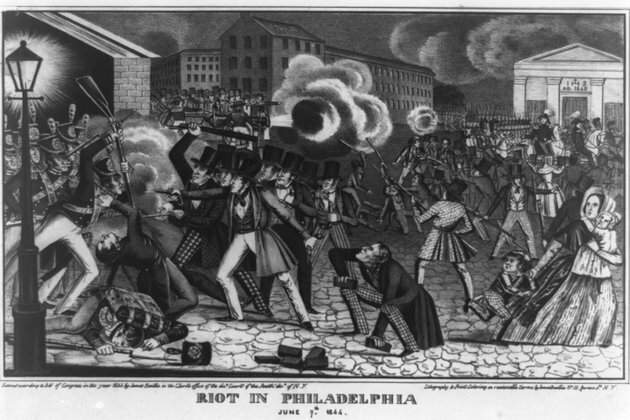
When the nation of Canada was founded in 1867, its people deliberately chose a form of government meant to avoid the mistakes and problems they saw in the U.S. government next door.
That helps explain why Canadian police used emergency powers to arrest hundreds of people and tow dozens of vehicles while ending the trucker protests in Ottawa, Canada's capital.
Since its founding, Canada has taken a very different view of liberty, democracy, government authority and individual freedom than is known in the United States.
As early as 1776, the Declaration of Independence stated that the purpose of the U.S. government was to preserve "Life, Liberty and the pursuit of Happiness." The Canadians chose a different course.
The 1867 British North America Act - since renamed the Constitution Act - declared that the goal of modern Canada was to pursue "Peace, Order, and good Government."
As a scholar of North American culture, I have seen that Canadians have long feared the sort of mob rule that has always been a feature of the U.S. political landscape.
Casting a wary eye southward
The United States had been independent since the Revolutionary War ended with the Treaty of Paris in 1783. But in the mid-19th century, the provinces that make up Canada were still British colonies. As they deliberated their future, the options seemed straightforward: a form of self-government within the British Empire and subject to the king or queen of England - or independence, possibly including absorption into the United States.
To some Canadians, the U.S. seemed a success story. It boasted a booming economy, vibrant cities, a successful westward expansion and a steadily growing population.
But to others, it provided a cautionary tale about weak central institutions and rule by the undisciplined masses.
In the early and mid-19th century, the U.S. was plagued by rampant inequality and deeply divided over race and slavery. An unprecedented wave of immigration in the 1840s and 1850s fomented social unrest because the newcomers were viewed with hostility by locals. In East Coast cities, angry mobs burned immigrants' homes and Catholic churches.
Canadians of all classes and religious persuasions watched with anxiety the deepening societal divisions in the U.S. as the republic spiraled toward civil war. In May 1861, in an editorial for the Toronto-based newspaper The Globe, editor and politician George Brown reflected on the mood in Canada: "While we admire the devotedness to the Union of the people of the Northern United States, we are glad we are not them; we are glad that we do not belong to a country torn by [internal] divisions."
Different views on liberty and freedom
Canadians and people in the United States understood the role of the government differently. U.S. institutions were created with the understanding that individual freedoms should exist separate from interference from the state.
But colonial Canadians started with the collective, not the individual. Liberty to them was not an aggregate of individual pursuits of happiness. It was the sum of the fundamental rights that a government had to guarantee and protect for its citizens, and which enabled them to be fully part of the collective endeavors of a stable and safe community.
This view did not mean everyone could - or should - participate directly in politics. It even acknowledged hierarchies and inequalities, either social or imperial.
It was a trade-off between unfettered individual freedom and social stability that people seemed willing to accept. Most Canadians had long been open to the idea that they should have a say in their own government. But they did not totally embrace the U.S. model.
Many people in the U.S. believed then - and now - that violent action is a legitimate form of political expression, a demonstration of popular opinion, or the revolutionary means to achieve a democratic end.
Big cities, like New York or Philadelphia, were periodically the stage of street riots, some persisting for days and involving hundreds of people.
To Canadians, American institutions appeared unable to protect individual liberties in the face of populism or demagogues. Whenever the voting rights of particular groups were expanded or debated, what followed was political instability, civil unrest and violence. One such example was the 1854 Bloody Monday rioting in Louisville, Kentucky. On Election Day, Protestant mobs attacked German and Irish neighborhoods, prevented immigrants from voting and set fire to property throughout the city. A congressman was beaten by the crowds. Twenty-two people died and many others were injured.
The key vulnerability in the U.S., as 19th-century Canadians saw it, was its decentralization. They feared the disruption that could result from the constant deferral of authority and law to the popular will at a local level. They also were worried about the stability of a political system whose policies and laws could be overthrown by angry masses at any moment.
In 1864, Thomas Heath Haviland, a politician from Prince Edward Island, lamented this state of affairs: "The despotism now prevailing over our border was greater than even that of Russia. ... Liberty in the States was altogether a delusion, a mockery and a snare. No man there could express an opinion unless he agreed with the opinion of the majority."
A Canadian experiment in democracy
Eventually, the provinces chose to form a strong federal union under the British crown, and Canada became a parliamentary liberal democracy. The head of the Canadian state is the queen, and the head of government is the prime minister, answerable to Parliament. By contrast, the U.S. is a presidential democracy. In this system, the president is simultaneously head of state and head of the government, and is constitutionally independent from the legislative body.
In 1865, during the opening speech of the confederation debates, the man who would become Canada's first prime minister, John A. Macdonald, expressed his hopes for the future: "We will enjoy here that which is the great test of constitutional freedom - we will have the rights of the minority respected."
[Over 150,000 readers rely on The Conversation's newsletters to understand the world. Sign up today.]
Another Canadian founding father, Georges-Etienne Cartier, reflected upon the historical significance of creating a Canadian confederation at a time when "the great Federation of the United States of America was broken up and divided against itself."
He declared that Canadians "had the benefit of being able to contemplate republicanism in action during a period of eighty years, saw its defects, and felt convinced that purely democratic institutions could not be conducive to the peace and prosperity of nations."
Author: Oana Godeanu-Kenworthy - Associate Teaching Professor of American Studies, Miami University 
 Share
Share
 Tweet
Tweet
 Share
Share
 Flip
Flip
 Email
Email
Watch latest videos
Subscribe and Follow
Get a daily dose of Illinois Intelligencer news through our daily email, its complimentary and keeps you fully up to date with world and business news as well.
News RELEASES
Publish news of your business, community or sports group, personnel appointments, major event and more by submitting a news release to Illinois Intelligencer.
More InformationNorth America
SectionGlobal EV sales soar in March, led by China and Europe
LONDON, UK: Electric vehicle sales surged globally in March, with strong growth in China and Europe offsetting slower momentum in North...
Ovechkin extends record with 897th goal
The Russian NHL star added to his historic tally in the final game before the playoffs Russian hockey star Alexander Ovechkin has...
US accuses China-linked satellite firm of aiding Houthi attacks on American warships in Red Sea
Washington DC [US], April 18 (ANI): A Chinese satellite company associated with the nation's military is providing imagery to Iran-backed...
From tolerance to ticking time bomb the migrant lesson for Russia
Russia cant be like Western Europe, the crisis must be stopped before it starts Russia is facing a challenge for which there is little...
US could withdraw Ukraine peace efforts within days, warns Marco Rubio
Paris [France], April 18 (ANI): US Secretary of State Marco Rubio on Friday warned that America may abandon its peace efforts in Ukraine...
Column: Why are the "Liberation Day" tariffs pie in the sky?
Customers shop at a Target store in Rosemead, Los Angeles County, California, the United States, on March 4, 2025. (Photo by Zeng Hui/Xinhua)As...
International
SectionTrump administration plans to halve State Department budget
WASHINGTON, D.C. President Donald Trump's administration wants to cut the State Department's budget by nearly half, according to documents...
Myrtle the Tortoise reunited with Family after tornado escape
KOKOMO, Mississippi: Myrtle, a beloved pet tortoise, is back with his family in Mississippi after being lost for weeks during a deadly...
NY tour helicopter firm shuts down after deadly crash
NEW YORK CITY, New York: The helicopter tour company involved in a recent crash that killed a pilot and a visiting family from Spain...
Education Department moves to cut off Maine's federal education funding
WASHINGTON D. C.: President Donald Trump's administration announced late last week that it would stop all federal education funding...
Indonesia plans US visit to avert tariffs with bold offer
JAKARTA, Indonesia: Indonesia is preparing a high-level visit to Washington with an ambitious offer to avert steep U.S. tariffs on...
Trump admin ends race-based admissions at military academies
WASHINGTON, D.C.: The U.S. Military Academy and the U.S. Air Force Academy will no longer use race when deciding who gets in. For many...



